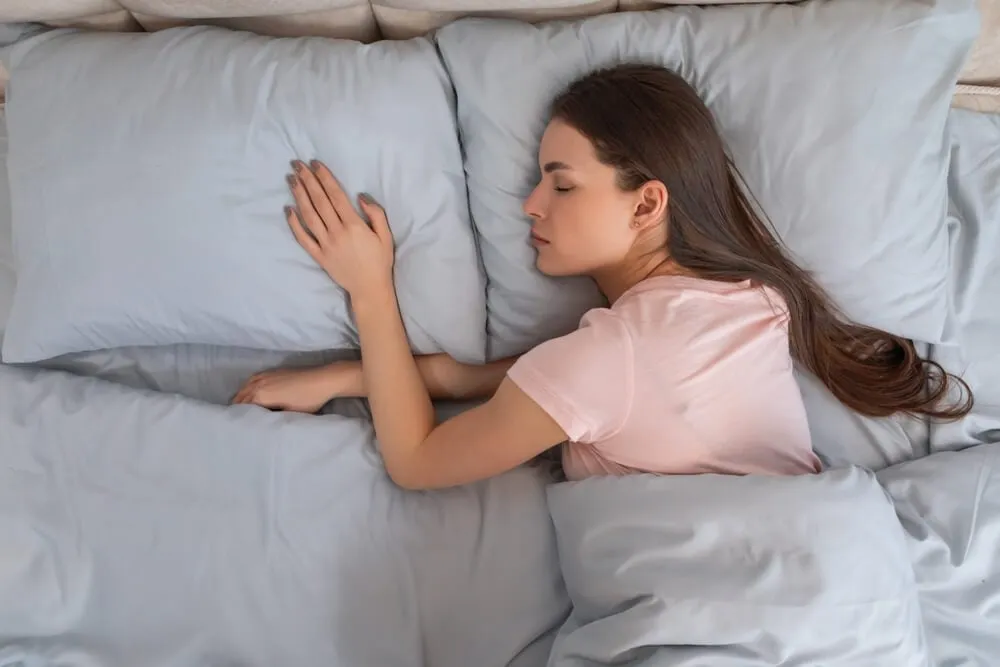Unlocking Serene Slumber: Science-Backed Techniques for Quality Sleep in Just 5, 15, or 30 Minutes

Sleep is a cornerstone of our health and well-being, yet many of us struggle to achieve the quality rest we need. In today's fast-paced world, finding quick and effective ways to improve sleep quality is essential. This guide explores science-backed techniques that can help you achieve better sleep in as little as 5, 15, or 30 minutes, backed by the latest research and practical advice.
Importance of Each Time Increment
5 Minutes: Quick relaxation techniques can make a significant difference in preparing your body and mind for sleep. Techniques such as progressive muscle relaxation (PMR) or guided imagery can help reduce stress and signal to your body that it's time to unwind.
15 Minutes: This time frame allows for deeper relaxation methods, such as deep breathing exercises (diaphragmatic breathing) or mindfulness meditation. These practices not only calm the mind but also promote relaxation throughout the body, preparing you for a restful night's sleep.
30 Minutes: Establishing a bedtime routine and optimizing sleep environment are crucial within this timeframe. Sleep hygiene practices, including maintaining a consistent sleep schedule, creating a comfortable sleep environment (cool, dark, and quiet), and limiting screen time before bed, can significantly enhance sleep quality over time.
Evidence-Based Techniques
- Progressive Muscle Relaxation (PMR): PMR involves tensing and then relaxing each muscle group in your body, helping to release physical tension and promote relaxation.
- Deep Breathing Exercises: Diaphragmatic breathing, also known as belly breathing, slows down your heart rate and activates the body's relaxation response, facilitating easier transition into sleep.
- Mindfulness Meditation: Practicing mindfulness reduces stress and anxiety, allowing for better sleep initiation and maintenance.
- Sleep Environment Optimization: Ensuring your bedroom is conducive to sleep involves controlling factors such as temperature, light, and noise, which can directly impact sleep quality.
Practical Tips for Rapid Relaxation
- Create a Relaxing Bedtime Routine: Engage in calming activities before bed, such as reading a book, taking a warm bath, or listening to soothing music.
- Limit Stimulants and Screen Time: Avoid caffeine and heavy meals close to bedtime, and reduce exposure to electronic devices that emit blue light, which can interfere with melatonin production.
- Establish Consistent Sleep Patterns: Going to bed and waking up at the same time each day helps regulate your body's internal clock, making it easier to fall asleep and wake up naturally.
Conclusion
By incorporating these science-backed techniques into your nightly routine, you can optimize your chances of achieving quality sleep quickly and effectively. Whether you have 5, 15, or 30 minutes to spare, implementing these practices can make a significant difference in your sleep quality and overall well-being.
Achieving better sleep doesn't have to be a daunting task. By understanding the importance of each time increment and incorporating evidence-based techniques into your routine, you can unlock the secrets to serene slumber and enjoy the benefits of improved sleep quality.
Implement these tips today and start experiencing the restorative power of quality sleep—your body and mind will thank you for it!





